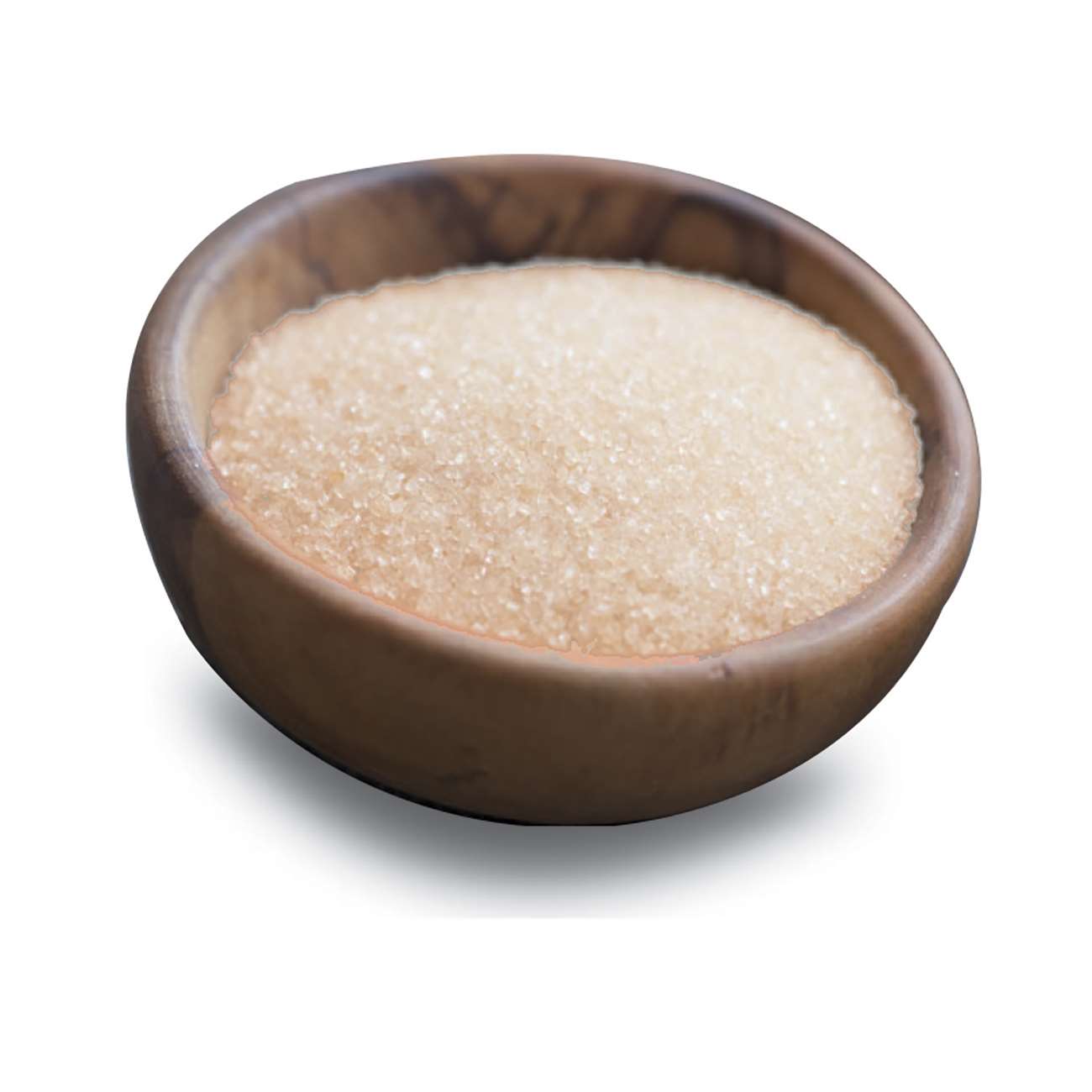An In-depth Summary of the Health and Economic Ramifications of Cane Sugar Handling on Local Areas
Cane sugar processing plays an essential function in shaping the economic landscape of local areas, providing employment opportunities and promoting secondary industries. The wellness implications connected with high sugar consumption can not be overlooked, as they add to rising prices of weight problems and diabetic issues.
Economic Benefits of Cane Sugar Processing
Walking stick sugar processing uses substantial financial benefits that expand beyond the immediate farming industry. The farming and handling of sugarcane create countless job chances, from farming to production and circulation. This work generation not only supports neighborhood economic climates but also promotes area growth by offering stable earnings sources for family members.
Furthermore, the sugar industry promotes supplementary companies, including transportation, tools supply, and packaging services (Cane Sugar Processing). As these industries expand, they add to a much more durable financial framework, improving general community strength. The export potential of processed cane sugar even more enhances financial benefits, placing areas as competitive gamers in global markets
Financial investment in modern-day handling centers can lead to boosted productivity and effectiveness, thereby minimizing waste and maximizing source usage. This change not just benefits the neighborhood economic situation but also supports sustainability efforts by lessening ecological effects.
Additionally, the revenue produced from walking cane sugar processing can be reinvested in neighborhood framework, education and learning, and healthcare, promoting all natural neighborhood growth. In general, the economic advantages of walking stick sugar handling are diverse, offering a structure for sustaining success in farming regions.
Wellness Dangers Linked With Sugar Intake
Excessive sugar consumption postures significant wellness risks that warrant significant attention. High intake of added sugars, especially from refined foods and drinks, has actually been linked to many health difficulties.
In addition, high sugar intake is connected with heart disease. Elevated blood sugar level levels can cause insulin resistance, a forerunner to various heart-related concerns. Furthermore, sugar can have harmful impacts on dental wellness, leading to cavities and gum disease, as microorganisms in the mouth grow on sugar, creating acids that deteriorate tooth enamel.
Furthermore, arising research recommends a potential web link in between high sugar intake and mental wellness conditions, such as anxiety and anxiousness. As areas come to grips with these health risks, it comes to be important to advertise recognition and encourage healthier nutritional options. Dealing with sugar usage is crucial not only for private health and wellness however also for the total health of neighborhood communities, highlighting the demand for detailed public wellness approaches.
Environmental Effects of Sugar Manufacturing
Often overlooked in discussions about sugar's effects is the significant ecological impact of sugar production. The farming of sugarcane usually necessitates extensive land usage, causing deforestation, loss of biodiversity, and interruption of local communities. The conversion of woodlands and wetlands right into sugar ranches can cause environment damage, threatening many species and changing eco-friendly equilibrium.
Additionally, sugar production is resource-intensive, consuming considerable amounts of water for watering. This can lead to exhaustion of neighborhood water sources, negatively impacting both farming techniques and neighborhood access to clean water. Additionally, anchor using chemical plant foods and chemicals in sugarcane farming can add to soil deterioration and water pollution, as drainage from these chemicals goes into close-by rivers and lakes, affecting marine life and human wellness.
The environmental impact includes the handling stage, where energy usage and waste generation further intensify environmental concerns. Air air pollution from shedding sugarcane fields, together with greenhouse gas discharges, add to environment modification. Therefore, the environmental ramifications of sugar production warrant major consideration, prompting stakeholders to embrace even more sustainable techniques to reduce these damaging results on regional environments and neighborhoods.
Task Creation and Community Advancement
The ecological difficulties positioned by sugar manufacturing are frequently reversed by its capacity for financial advantages, particularly in work production and area advancement. The cane sugar industry functions as a substantial source of employment in many country areas, offering work across various ability levels, from farming labor to processing and distribution duties. This employment not only supports private family members but likewise adds to the total financial vitality of regional areas.
In addition, the establishment of sugar handling centers boosts secondary organizations, such as transportation services, devices supply, and upkeep service providers. As these organizations grow, they create added tasks and boost local economies. The earnings produced from the sugar sector likewise causes increased tax earnings, which can be reinvested right into social work such as education and learning, healthcare, and facilities advancement.
Additionally, the sugar market usually takes part in community growth efforts, such as supporting neighborhood schools and wellness programs, consequently improving the lifestyle for homeowners. By cultivating solid community connections and promoting financial development, the walking cane sugar processing field plays a crucial role in uplifting neighborhood populaces, making it a vital part of lasting development methods in sugar-producing regions.
Balancing Wellness and Economic Growth
In browsing the complexities of cane sugar processing, a critical obstacle depends on stabilizing wellness considerations with economic growth. The sugar market substantially adds to discover this info here neighborhood economies by producing jobs, boosting relevant fields, and increasing tax obligation incomes. However, the health and wellness implications associated with too much sugar usage can lead to persistent conditions such as obesity, diabetes, and cardiovascular concerns, which can concern public health and wellness systems and decrease workforce productivity.

Additionally, regulatory structures can play a crucial duty in leading sector practices in the direction of more health-conscious and sustainable methods. By promoting partnership in between government bodies, wellness companies, and the sugar industry, neighborhoods can navigate the duality of health and economic development, making sure that the advantages of walking stick sugar processing are equitably shared while prioritizing public health and wellness.
Verdict
Finally, the handling of walking stick sugar offers both significant economic benefits and significant health and wellness risks for neighborhood neighborhoods. While it promotes task creation and stimulates local growth, the involved health and wellness issues, particularly pertaining to excessive weight and diabetes mellitus, demand a careful balancing act. By advertising liable usage and investing in area education and lasting techniques, it is feasible to maximize financial benefits while lessening negative wellness results, consequently guaranteeing a healthier future for regional populations.
In addition, sugar can have harmful impacts on dental health, resulting in tooth cavities and gum disease, as microorganisms in the mouth prosper on sugar, creating acids that wear down tooth enamel.
Addressing sugar intake is crucial not only for individual health and wellness but also for the general well-being of regional neighborhoods, stressing the need for detailed public health approaches.
Regularly overlooked in conversations regarding sugar's ramifications is the considerable ecological influence of sugar production. The health and wellness effects associated with excessive sugar intake can lead to persistent diseases such as excessive weight, diabetic issues, and cardiovascular issues, which can concern public health and wellness systems and lessen labor force performance.
